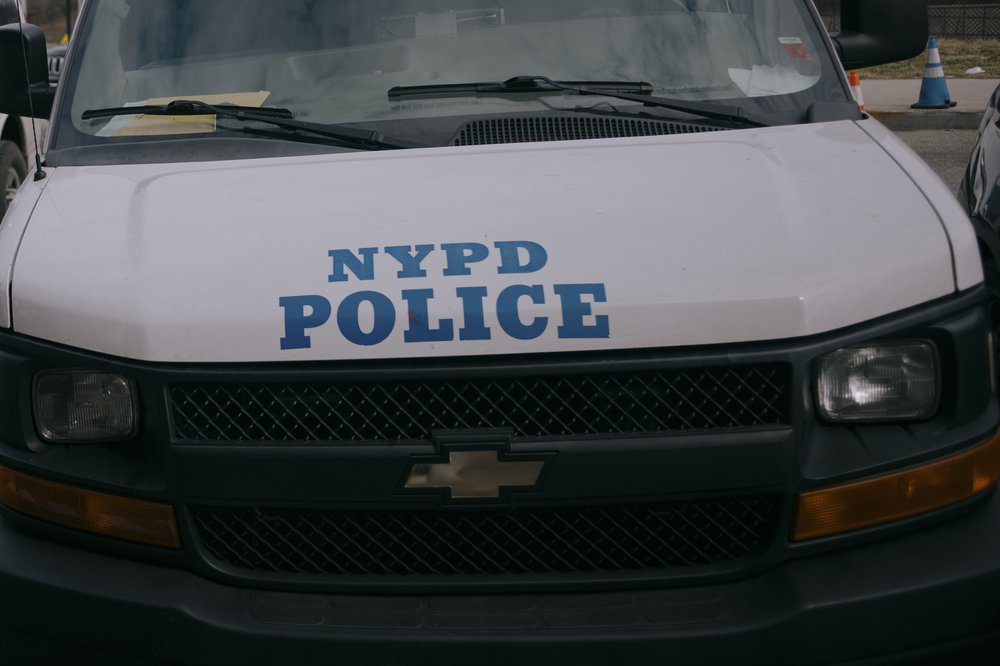Biden DOJ weighs in on NYC lawsuit aimed at keeping NYPD from mental health responses
Oct. 7, 2024, 2:38 p.m.
The Justice Department asserts that dispatching police instead of mental health workers on routine calls involving people with mental health issues could constitute discrimination.

The Biden administration is weighing in on a federal class-action lawsuit that alleges New York City discriminates against people with mental illness by typically sending police — rather than mental health specialists — to respond to 911 calls where someone is reported to be having a mental health crisis.
The U.S. Department of Justice filed a statement of interest in the case, known as Baerga v. City of New York, urging the court to take a holistic view of the city’s emergency response system in determining whether it provides the same benefits to people experiencing a mental health crisis as those experiencing a physical health emergency, such as a heart attack.
The DOJ is responsible for enforcing the Americans with Disabilities Act, which the plaintiffs say New York City’s emergency response system is violating. The statement asserts the Justice Department's view — reflected in other recent court filings — that dispatching police instead of mental health workers on routine calls involving people with mental health issues could constitute a form of discrimination under that law.
New York City “has an affirmative obligation to modify its emergency response program when necessary to avoid discrimination on the basis of disability, unless it can demonstrate that the modifications would fundamentally alter its program,” the DOJ wrote in its court filing, which was submitted last week.
The DOJ said that reasonable modifications “may include dispatching a different type of response to an emergency call when necessary to avoid discrimination based on disability.”
Nicholas Paolucci, a spokesperson for the city Law Department, said of the Baerga case, in a statement: “The City's practices with respect to mental health-related calls to 911 are consistent with the requirements of the constitution and federal and state law.”
Under President Joe Biden, the DOJ filed a comparable statement of interest in a similar case pending in Washington, D.C. in February. The department has also worked with the U.S. Department of Health and Human Services to issue broader guidance encouraging municipalities to find alternatives to police as first responders in mental health incidents.
Filed in 2021, the case pending in New York has the potential to compel the city to build up B-HEARD, a pilot program that deploys teams of social workers and emergency medical technicians as first responders to some mental health calls in parts of the city — but whose expansion has stalled.
“The Department of Justice weighing in on this case should be a wake up call for the city,” said Marinda van Dalen, director of litigation at New York Lawyers for the Public Interest, one of the firms representing the plaintiffs. “It should make them realize that fighting the disability community, fighting against civil rights, is the wrong approach, that the city should instead change the way it operates its emergency response system.”
The city has moved to dismiss the case, arguing in part that requiring the city to exclusively use civilians to respond to mental health calls would expose first responders as well as the people in need of emergency care and members of the public “to unnecessary and significant, enhanced risks of harm.”
Van Dalen said the city’s argument is based on “old, outdated and false stereotypes of people with mental disabilities as dangerous.”
B-HEARD teams are currently limited in the types of calls they can respond to, and the criteria for sending them out excludes any calls where someone might pose a risk of harm to themselves or others. B-HEARD responded to about 15,000 calls last year, but that only represented about 30% of the 911 mental health calls in the 31 precincts where the program operates, according to the latest city data.
The article was updated with comment from the city Law Department.
More 911 mental health calls are going to an NYPD alternative, but police still handle most Mental health professionals will accompany cops on some 911 calls in North Jersey NYC To Experiment With Police-Free Response To Mental Health Calls Is the NYPD ready for new role in dealing with people in mental health crisis?